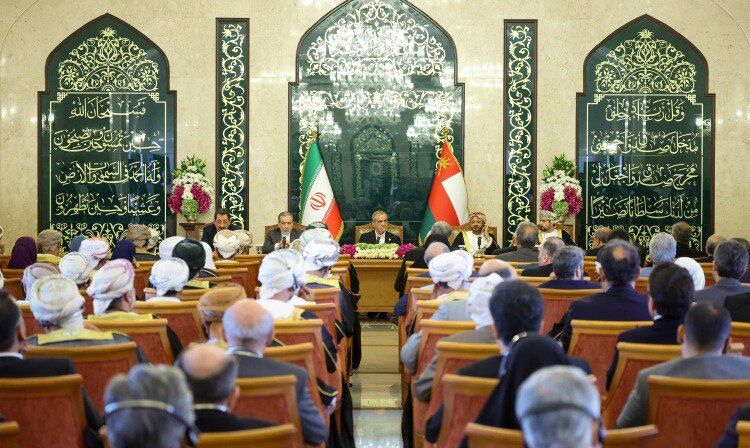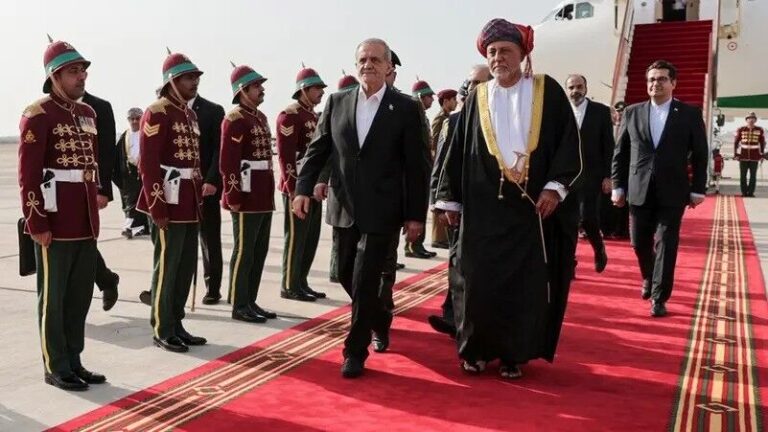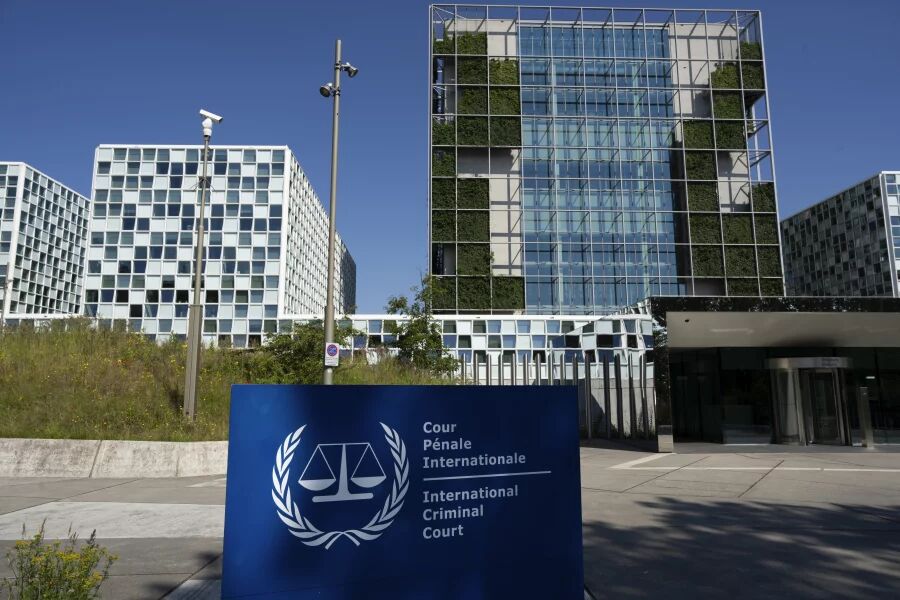
Similar Posts
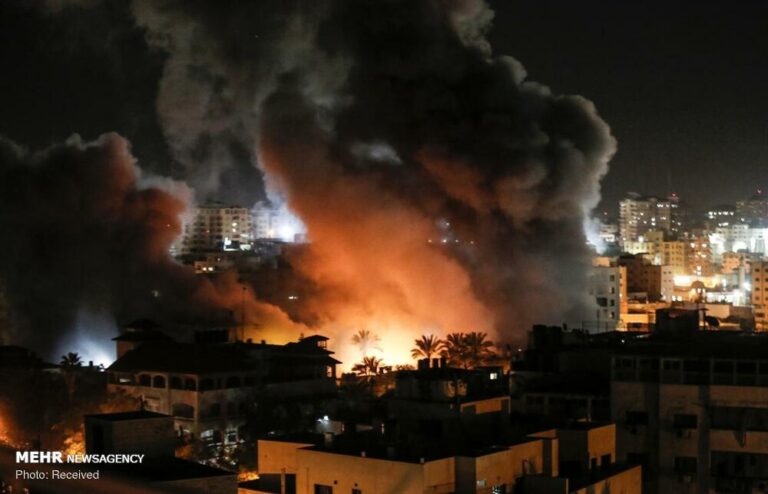
Unraveling the Crisis: Gaza Faces Renewed Assault Amid US-Israeli Betrayal
Israeli airstrikes in the Gaza Strip have resulted in over 320 Palestinian deaths within five hours, escalating violence amid a failed ceasefire agreement. The U.S. has shifted from mediation to supporting Israel’s military actions, undermining hopes for peace. The ceasefire, brokered by the U.S., included a prisoner exchange but stalled before its second phase due to Israel’s violations and ongoing attacks. Hamas has accused Israel of deliberately delaying negotiations, while the U.S. proposes an extension of the ceasefire that demands additional Israeli captives. The situation emphasizes the need for impartial mediation and respect for humanitarian needs as conflict continues.
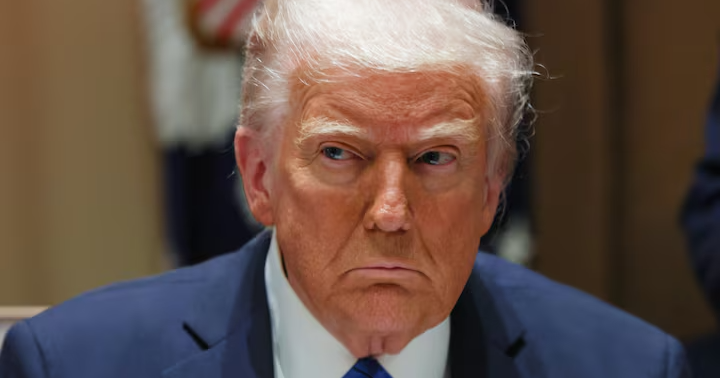
Iranian Newspaper Issues Shocking Call for Violence Against Trump
Iran’s ultra-hardline Kayhan newspaper has called for the assassination of former US President Donald Trump, linking it to the 2020 drone strike that killed IRGC commander Qassem Soleimani. This rhetoric has intensified amid escalating US-Iran tensions, with the article suggesting that Trump’s assassination would please Palestinians and militant groups. Critics within Iran have condemned the article, warning that such inflammatory statements could have dire consequences for the nation already facing economic hardships. As the geopolitical landscape shifts, these threats complicate international relations and highlight the urgent need for dialogue to maintain regional stability and security.
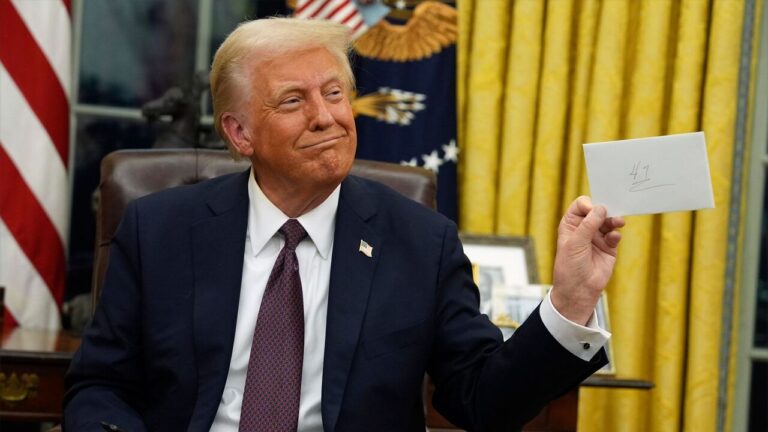
Trump Signals Potential Diplomatic Shift: Is Iran Ready for Dialogue?
U.S. President Donald Trump may be shifting his approach towards Iran, signaling a willingness for diplomatic engagement, contrasting his previous maximum pressure strategy. Key developments include the appointment of Middle East envoy Steve Witkoff to oversee Iran relations and his advocacy for resolving nuclear disputes diplomatically. Trump has also reduced security for former anti-Iran officials, indicating a departure from hardline policies. However, Trump denied direct communication with Iran through Witkoff, raising questions about the depth of this shift. While Iran’s leadership shows openness to negotiations, trust remains a concern due to past U.S. actions, particularly the withdrawal from the 2015 nuclear deal.

Parliament’s Secret Session Next Week: Key Discussion on FATF Review, Says Lawmaker
Tehran’s Parliament is set to hold a crucial closed session on February 2 to discuss Iran’s potential membership in the Financial Action Task Force (FATF). Vice-speaker Ali Nikzad highlighted that the meeting will address concerns about foreign interference and the impact on Iran’s financial sovereignty. The debate is polarized, with the Iranian administration supporting membership while significant factions in Parliament oppose it. The FATF, established in 1989, aims to combat money laundering and terrorism financing. Recently, President Masoud Pezeshkian noted that the Expediency Council would revisit related bills, underlining the issue’s importance in Iranian politics.
